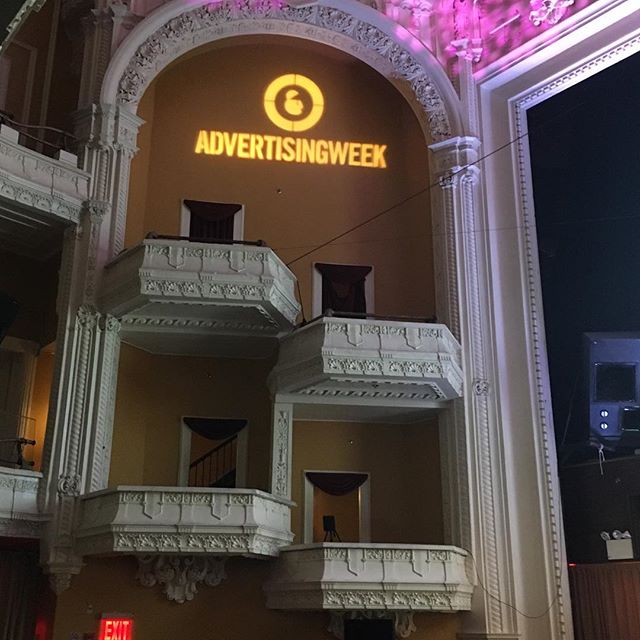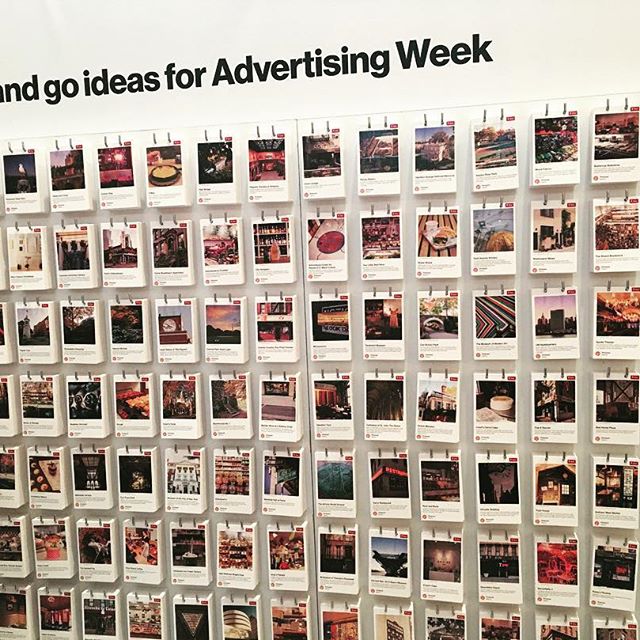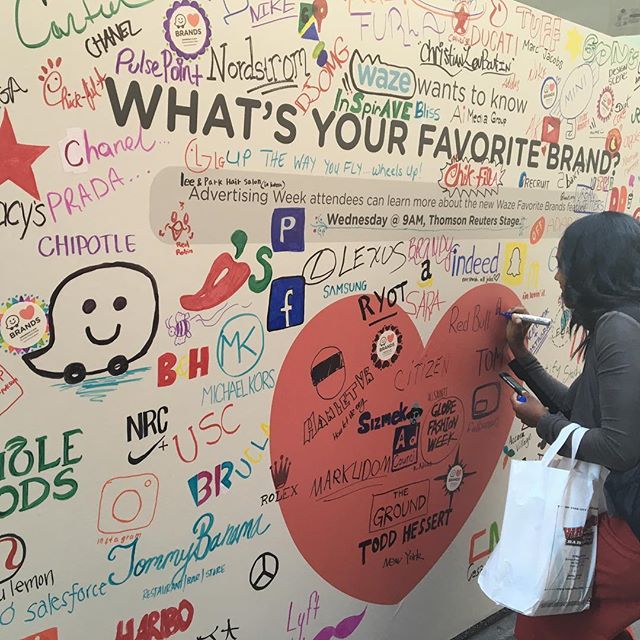Last week I was at Advertising Week in New York. I came across some very influential thought leaders with such incredible insights and learned a lot. Here are the top 3 lessons:
Storytelling > Selling
Stories have been around since people painted in caves and wrote epics on clay tablets. They are one of the oldest forms of communication and the way people have connected throughout time. So it's no surprise that this was a recurring theme throughout all the lectures I attended during Advertising Week (and the theme so far on Growthyst). Filmmakers are the ultimate storytellers because the only thing they're selling is a story. A well-known filmmaker was at Advertising Week and shared the importance of storytelling in connecting audiences to brands. The Director of Girl on the Train and the Help, Tate Taylor, said this,
"As storytellers, we're selling too. You have to sell an emotion. You have to make your audience care about a thing. You have to raise the stakes. It's all about emotion for me... Otherwise it becomes the same stuff."
Change.
How does a brand stay relevant? It's a valid question. A very relevant one considering that we're either sellers in overcrowded markets that are constantly in flux or buyers in overcrowded channels with brands constantly vying for our attention. I think the CEO of Kargo and advisor to the Harvard Innovation Lab, Harry Kargman, said it best.
"If you don't change, you don't exist."
With the ever-changing technology, your business has to evolve with the landscape. Innovate. Activate. You don't have to scrub and start from scratch. Some things will always remain (like storytelling). Do the same thing but on a new platform. Or with new tech. In today's world, if you don't keep up, you will fall behind.
Add Value.
Laura Henderson. You may not know her but you've seen her work. Oreos, Triscuits, Belvita, Cadbury, Toblerone, Trident, Chiclets... I could go on. As the Global Head of Content for Mondelez, who owns all of the above brands and more, Laura drove one point home. Traditional advertising, she said, is "not fundamental to the brand. People don't respond to that. Let's not interrupt content. Let's add value."
Small business or big business, if you're still trying to push a product down your potential customer's throat, it's not going to work.
In fact, according to research by Nielsen, when 30,000 people in 60 countries make purchasing decisions,
{ What's the difference between branded content and advertising? Think about it this way. If you're in the market for a new mattress, are you more likely to buy from someone who sends you unsolicited emails and print flyers or from someone who shares what they know about mattresses, what the best mattresses are made of, which mattress is best suited to your preference, etc.? The first one is an example of traditional advertising and the second is an example of branded content. }





